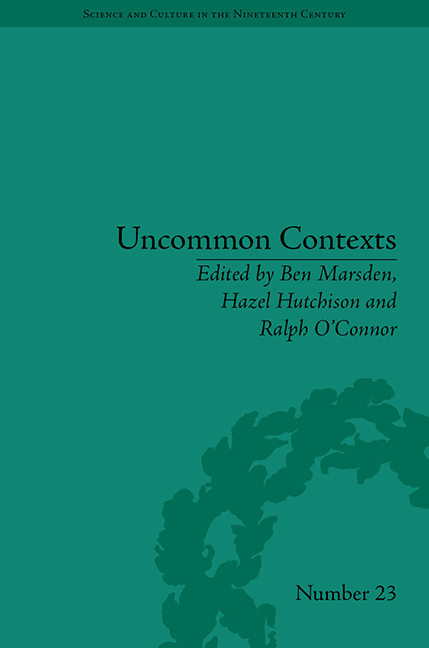Introduction
Summary
Cultures of Literature, Science and Technology
English literature between 1800 and 1914 was marked by an intense interest in sciences of all kinds. Science and technology transformed Britain's intellectual landscapes and Britons' everyday lives, making a profound and wide-ranging impact on literary culture. The ancestry of humans, the workings of the mind, the depths of space, the age of the earth and the powers of nature were topics which exercised the imaginations of novelists and poets as well as scientists, engineers and philosophers. But this was not an encounter between two mutually hostile, uncomprehending and separated ‘cultures’ of twentieth-century science and the humanities, like that imagined and lamented by novelist and one-time chemist C. P. Snow in his Rede Lecture (1959). In nineteenth- and early twentieth-century Britain, scientific, technological and literary practices overlapped to a surprising degree. As many recent studies have shown, novelists and poets borrowed subject-matter and metaphors from those in scientific and engineering communities, transforming natural and technical knowledge for the wider public in the process. Conversely, in a process which has attracted less scholarly attention, literary culture played a vital role in the practice of science and engineering during this period. Scientific practitioners' experiments with fictional and other narrative and poetic genres, and the representations of their work in literary periodicals, materially affected the way in which their science and engineering were understood by the wider public and by their fellow investigators.
- Type
- Chapter
- Information
- Uncommon ContextsEncounters between Science and Literature, 1800–1914, pp. 1 - 20Publisher: Pickering & ChattoFirst published in: 2014



